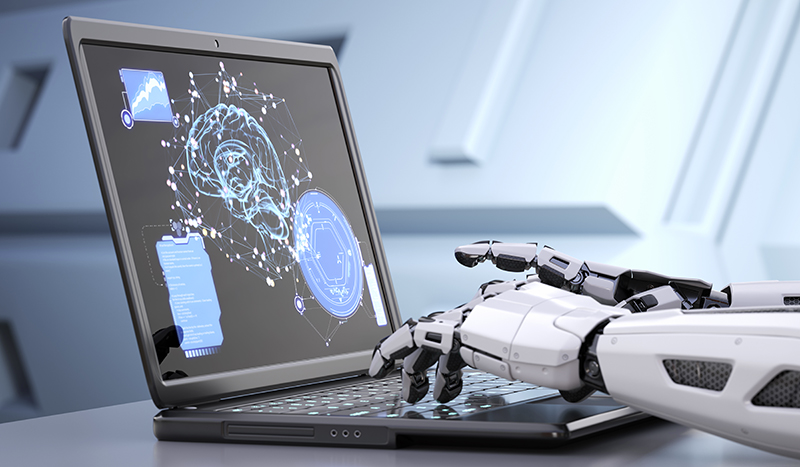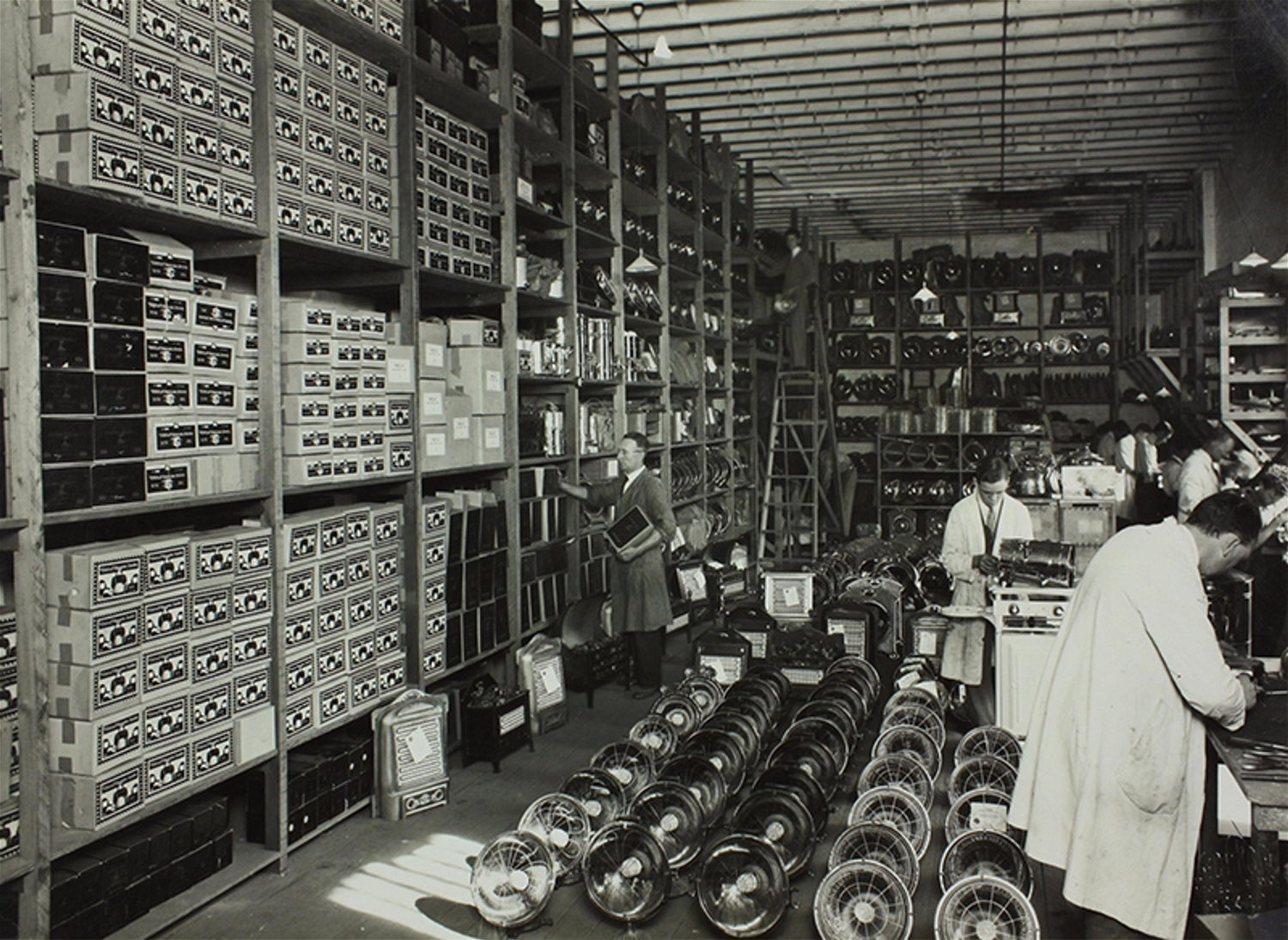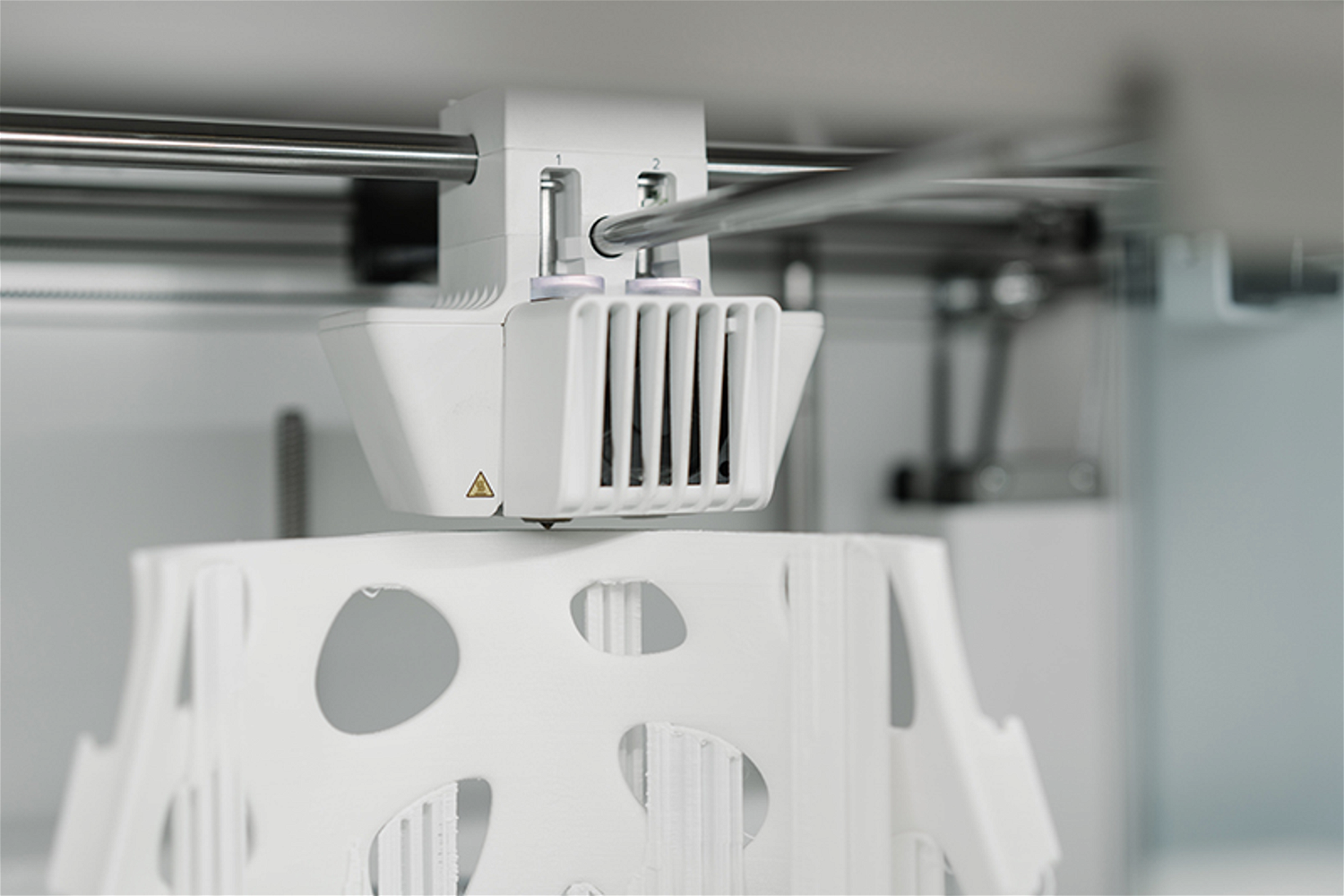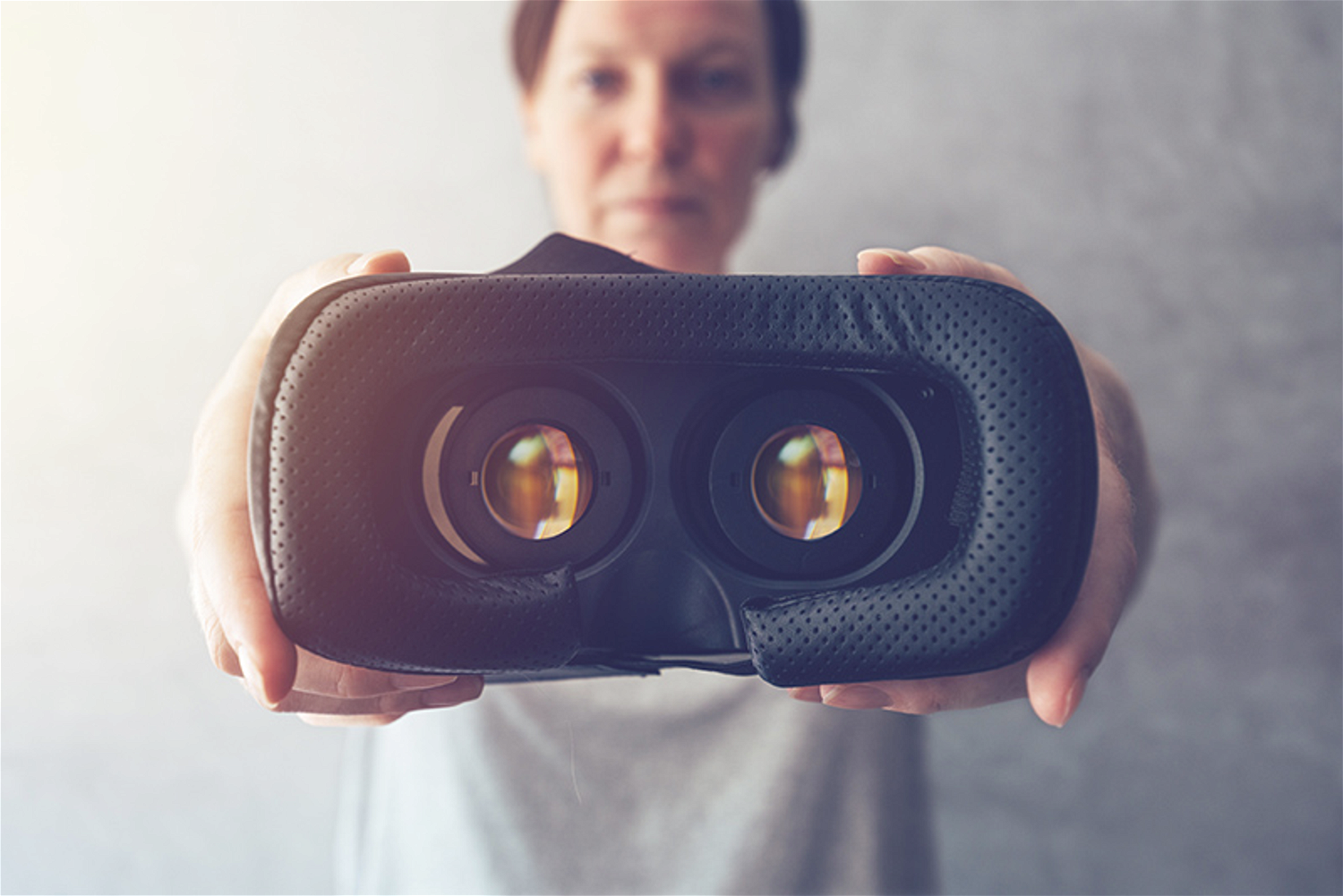
The tech industry is full of jargon. It is all too often that I am reading an article or at an event and someone uses a phrase I am unfamiliar with. Then you have to decide if you're going to do a quick google now, or write it down and remember to look it up later. Today I'll give you some background on the popular term Industry 4.0.
For a while, you might have seen people using the term “The Fourth Industrial Revolution” or Industry 4.0. But what does this mean? And how does this affect you?


